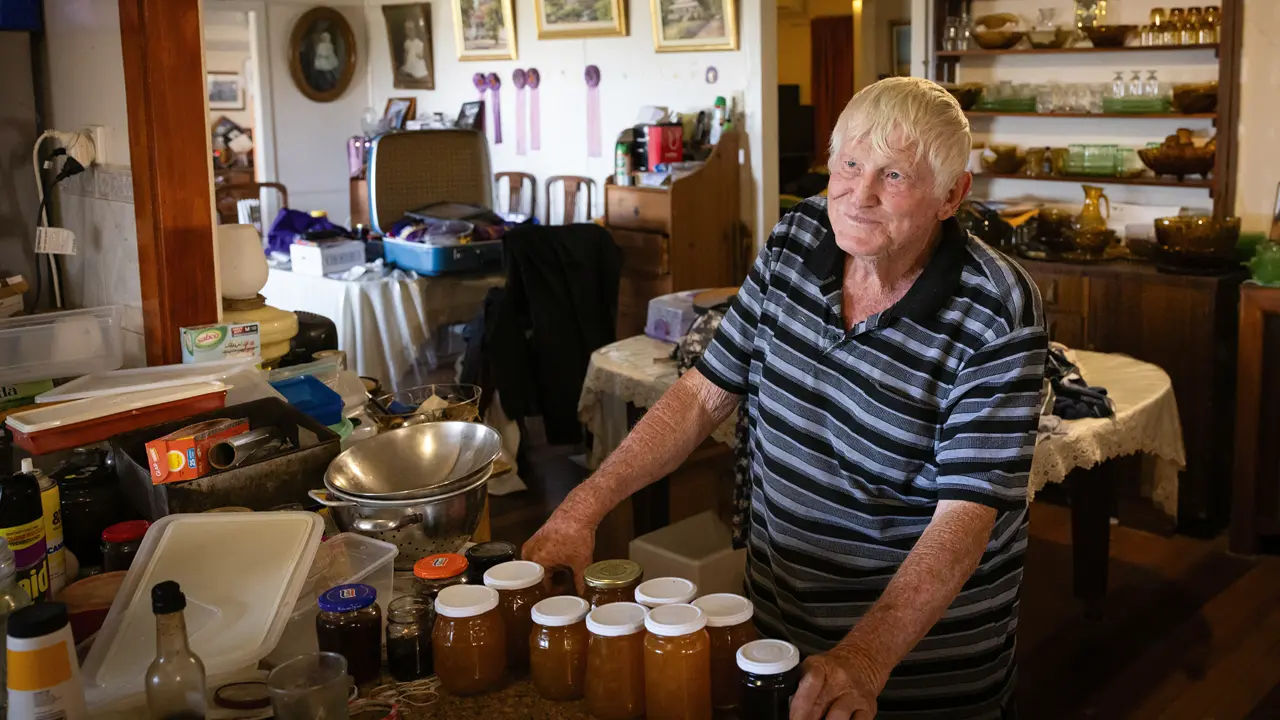Rural Australia is in the grip of a serious labour and skills shortage, but innovators are sowing the seeds that will fill the gap.
Story By Amanda Burdon
Australian agriculture is in the grip of a serious labour and skills shortage and many observers warn that the worst is yet to come. According to the Australian Farm Institute (AFI), the industry faces a shortage of at least 96,000 full-time and 10,000 part-time workers and that “... will continue to worsen, driving up labour costs and limiting future growth in the sector”. A National Farmers’ Federation (NFF) study released earlier this year drew similar conclusions, contending that “this chronic shortage, masked by 10 years of drought and the global financial crisis, will increase and deepen as Australia’s agricultural sector begins to emerge from drought”. AgriFood Skills Australia estimates that the agricultural sector needs to grow its workforce by 10,000–20,000 workers each year for the next five years.
The staffing shortfalls are not peculiar to agriculture and are by no means a new phenomenon. The long hours in remote locations and relatively low wages have always made it difficult to attract workers. Recently, other economic and social trends – farm consolidation, the increased uptake of technology, declining rural populations and competition from other sectors – have combined to further drain the shrinking agricultural labour pool.
The problem has produced some serious soul-searching about community perceptions of agricultural careers, the adequacy and efficacy of existing training, the nature of cross-industry relationships and the importance our nation places on food and fibre production.
It isn’t just Australia that urgently needs agricultural workers. AgriFood Skills Australia, a national industry skills council, estimates that globally we have until 2030 to increase existing production to meet the needs of our rapidly growing world population. This, it says, will necessitate a profound shift in “technology, science, our practices, how we work together, and most especially the skills of our people”. In its 2010 Environmental Scan, AgriFood describes this shift as a level of change “comparable to the great industrial and agricultural revolutions”. This, it says, will demand “a level of leadership not seen to date on skills and workforce development ... Individual enterprises will be called on to build their capabilities in job design, work organisation and skills utilisation with a goal of becoming ‘employers of choice’”.
This story excerpt is from Issue #74
Outback Magazine: Dec/Jan 2011








